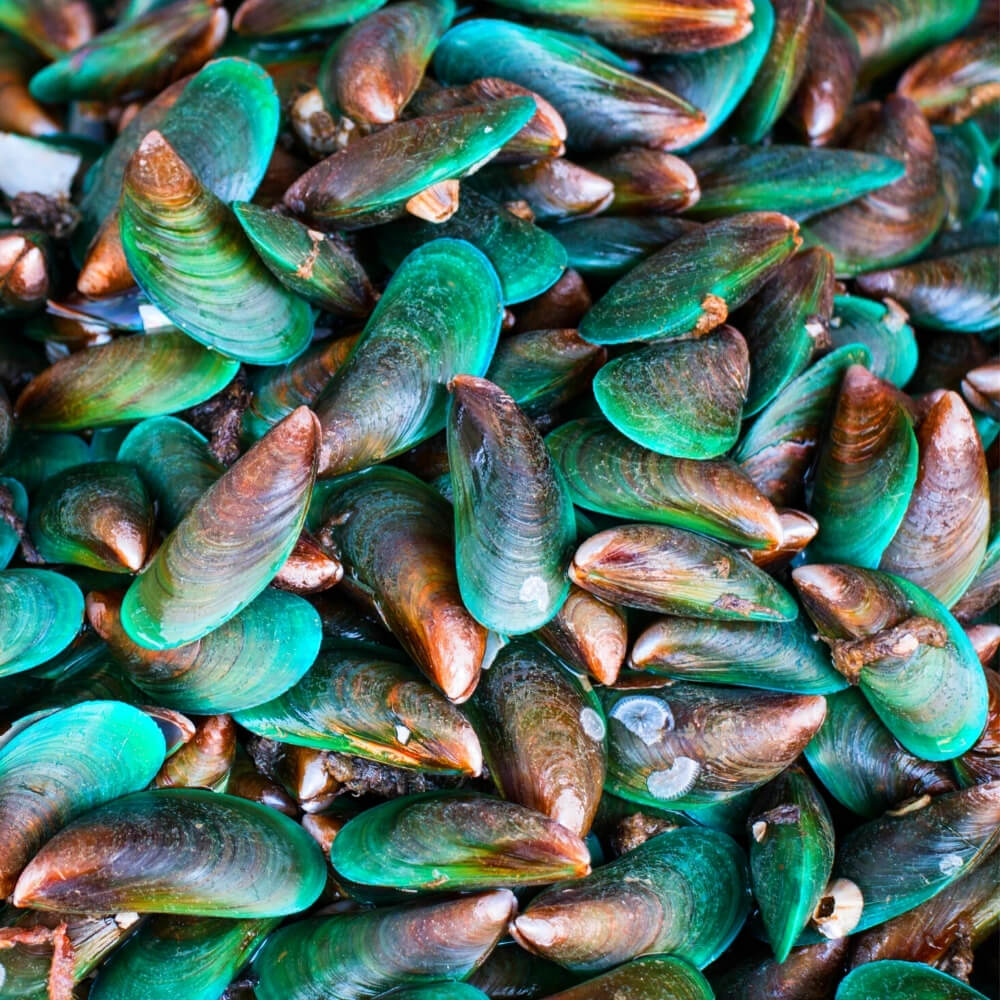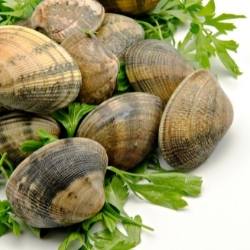Fresh mussels caught early in the morning and delivery to your doorstep the same day alive.
Nutrition Information
Mussels are nutritionally rich. One three-ounce serving of steamed blue mussels contains:
Calories: 146
Protein: 20 grams
Fat: 4 grams
Carbohydrates: 6 grams
Fiber: 0 grams
Sugar: 0 grams
Mussels contain many vitamins and minerals, including:
Iron
Vitamin C
Vitamin A
Calcium
Potential Health Benefits of Mussels
Mussels have an impressive nutritional profile. Their unique mixture of nutrients means that they have several health benefits, including:
High-Quality Protein
Mussels and other shellfish are excellent sources of protein, containing all the essential amino acids. Their protein content is superior to that found in fish with fins. The protein in mussels is easy to digest, so the body gets the full benefit. Protein plays multiple roles in your overall health, building muscle, boosting the immune system, strengthening bone, and healing injuries. Just three ounces of mussels provides 40% of the daily protein needed by the average person.
Anemia Prevention
Mussels are an excellent source of iron. One three-ounce serving provides about one-third of the daily value for iron. Iron prevents the most common form of anemia, which can cause fatigue and weakness. Many women, including about half of pregnant women, do not get enough iron in their diet. Mussels are also high in vitamin B12, needed for the production of red blood cells.
Heart Health
Omega-3 fatty acids are necessary for heart health. They keep your heartbeat regular, lower blood pressure, and help blood vessels work as they should. Mussels are rich in the marine Omega-3s, EPA and DHA.
Weight Loss
If you are trying to lose weight, mussels give you a lot of nutrition without a lot of calories. Prepare the mussels in a way that does not add calories. Try steaming them and adding flavor with no-calorie seasonings.
Potential Risks of Mussels
Mussels are valuable to the ecosystem because they can remove many contaminants from water. They can even clean E. coli from water and still be safe to eat. There are some conditions under which mussels are not safe to eat. You should know these health risks of eating mussels:
Mercury Content
Some people avoid eating shellfish because they are worried about mercury. While it’s true that most fish and shellfish contain mercury, eating up to 12 ounces a week should not be hazardous to your health. You can also avoid larger fish like swordfish that accumulate more mercury. Pregnant women should follow stricter guidelines.
Source: Webmd.com









Reviews
There are no reviews yet.